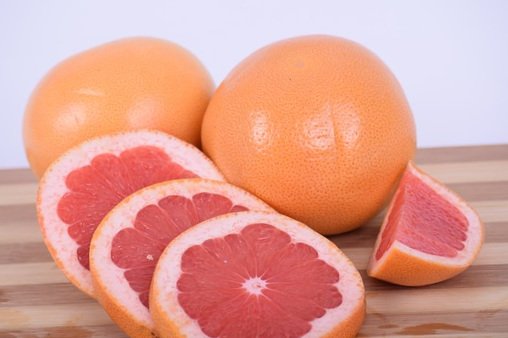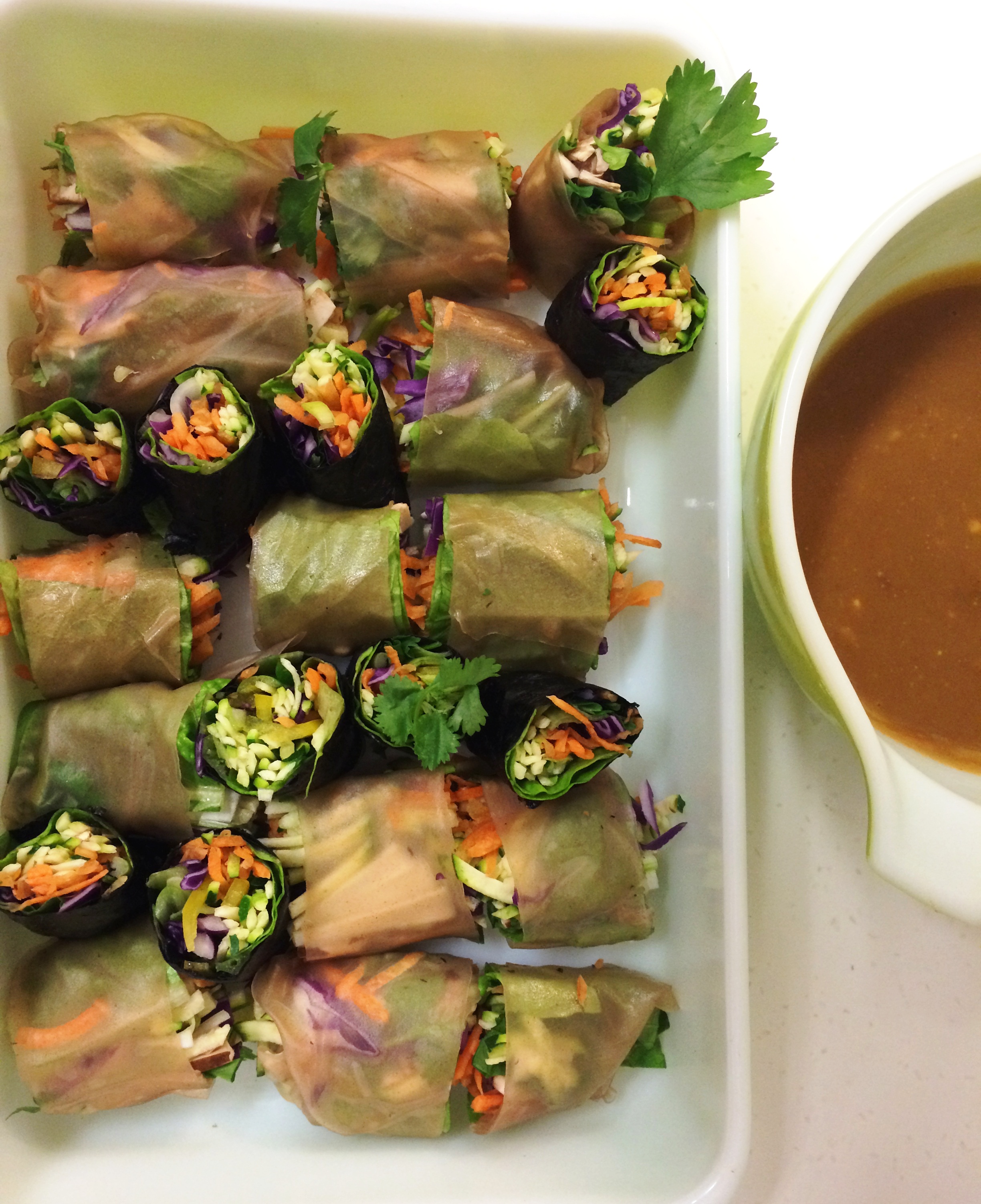the importance of certain vitamins and minerals in cancer inhibition and better prognosis.
What is Vitamin D?
Vitamin D is technically not a vitamin. It is the name given to a group of fat-soluble prohormones (substances that are precursors to hormones that usually have little hormonal activity by themselves). This supplement must be taken with K2, to direct the calcium it builds into bone only.
Two major forms of vitamin D that are important to humans are vitamin D2, or ergocalciferol, and vitamin D3 or cholecalciferol. Vitamin D2 is made naturally by plants, and vitamin D3 is made naturally by the body when the skin is exposed to ultraviolet radiation (in particular, UVB radiation) in sunlight. Vitamin D2 and vitamin D3 can also be commercially manufactured.
The active form of vitamin D in the body is 1,25-dihydroxyvitamin D. It is involved in a number of processes that are essential for good health, including the following:
It helps improve muscle strength and immune function.
It helps reduce inflammation, (critical for Cancer).
It promotes the absorption of calcium from the small intestine.
It helps maintain adequate blood levels of the calcium and phosphate needed for bone formation, incorporating minerals to increase strength and density, growth, and repair.
For years, Life Extension has been exploring the potentially devastating consequences of vitamin D deficiency, ranging from cardiovascular disease to cancer. Now in this report, Life Extension magazine examines the link between low levels of plasma vitamin D and autism. At the forefront of this research is Dr. John J. Cannell, executive director of the Vitamin D Council and a forensic psychiatrist at Atascadero State Hospital in California.
The stunning findings suggest that rampant vitamin D deficiency is causally related to brain dysfunction, and may be readily preventable by adequate supplementation.
An epidemic of autism appears to be underway in the United States. According to several respected leaders in child and adult nutrition from across the United States, the current meteoric rise in autism and autism spectrum disorders (ASD) may well be a direct consequence of significant vitamin D deficiencies in pregnant women and their infants. And evidence points to vitamin D deficiency as the cause of other debilitating brain conditions as well. This insidious deficiency is readily remedied--yet tragically often missed.
Read More Here...
Most people get the vitamin D they need through sunlight exposure. It can also be obtained through the diet, but very few foods naturally contain vitamin D. Those that do include fatty fish, fish liver oil, and eggs.
Most dietary vitamin D comes from fortified foods, such as milk, juices, yogurt, bread, and breakfast cereals. Vitamin D can also be obtained through dietary supplements.
How Vitamin D Reduces the Risk of Cancer
The mechanisms by which vitamin D reduces the risk of cancer are fairly well understood. They include enhancing calcium absorption (in the case of colorectal cancer) [Lamprecht and Lipkin, 2003], inducing cell differentiation, increasing cancer cell apoptosis or death, reducing metastasis and proliferation, and reducing angiogenesis [van den Bemd and Chang, 2002].
In addition, Vitamin D3 down-regulates parathyroid hormone (PTH) [Chapuy et al., 1987]. IGF-I has been implicated in the pathogenesis of human cancer. Since IGF-I stimulates tumor growth and high quantities are a consequence of the standard American diet [Grant, 2002a; 2004], vitamin D can be considered one partial antidote to the American diet.
How Much Vitamin D is needed?
Each person responds differently to UVB exposure and oral intake of vitamin D depending on such factors as skin pigmentation, body mass index (vitamin D is fat soluble), age, condition of digestive tract, other dietary factors, etc.
Dietary vitamin D is insufficient alone to significantly reduce the risk of most cancers since the ingested amounts, up to 200 to 400 I.U. per day, are too low [Grant and Garland, in press]. Evidently, 600 to 1000 I.U per day are required to reduce the risk of vitamin-D-sensitive cancers, except possibly prostate cancer, for which population-average values of serum 25(OH)D are associated with the minimum risk [Tuohimaa et al., 2004; Grant, in press].
The current understanding is that serum 25(OH)D levels should be in the 50 to 70 ng/ml range for cancer prevention and optimal health. The only way to determine one’s 25(OH)D levels is through a blood test.
NOTE: Taking Melatonin supplements allows a reduced dose of Vit. D since they produce a 20 to 100-fold INCREASE in the sensitivity of Breast Cancer cells to Vit. D. This is why periodic blood test to determine Vit. D (25 Hydroxy) level is important.
References:
Chapuy MC, Chapuy P, Meunier PJ. Calcium and vitamin D supplements: effects on calcium metabolism in elderly people. Am J Clin Nutr. 1987;46:324-8.
Devesa SS, Grauman DJ, Blot WJ, Pennello GA, Hoover RN, Fraumeni JF Jr., Atlas of Cancer Mortality in the United States, 1950-1994. NIH Publication No. 99-4564, 1999. website (accessed March 3, 2004).
Doll R, Peto R. The causes of cancer: quantitative estimates of avoidable risks of cancer in the United States today. J Natl Cancer Inst. 1981;66:1191-308.
Garland CF, Garland FC. Do sunlight and vitamin D reduce the likelihood of colon cancer? Int J Epidemiol. 1980;9:227-31.
Garland C, Shekelle RB, Barrett-Connor E, Criqui MH, Rossof AH, Paul O. Dietary vitamin D and calcium and risk of colorectal cancer: a 19-year prospective study in men. Lancet. 1985;1:307-9.
Grant WB. An estimate of premature cancer mortality in the United States due to inadequate doses of solar ultraviolet-B radiation, Cancer, 2002b;94:1867-75.
Grant WB. A multicountry ecologic study of risk and risk reduction factors for prostate cancer mortality. Eur Urol. 2004;45:371-9.
~ Be Well. ♥






























